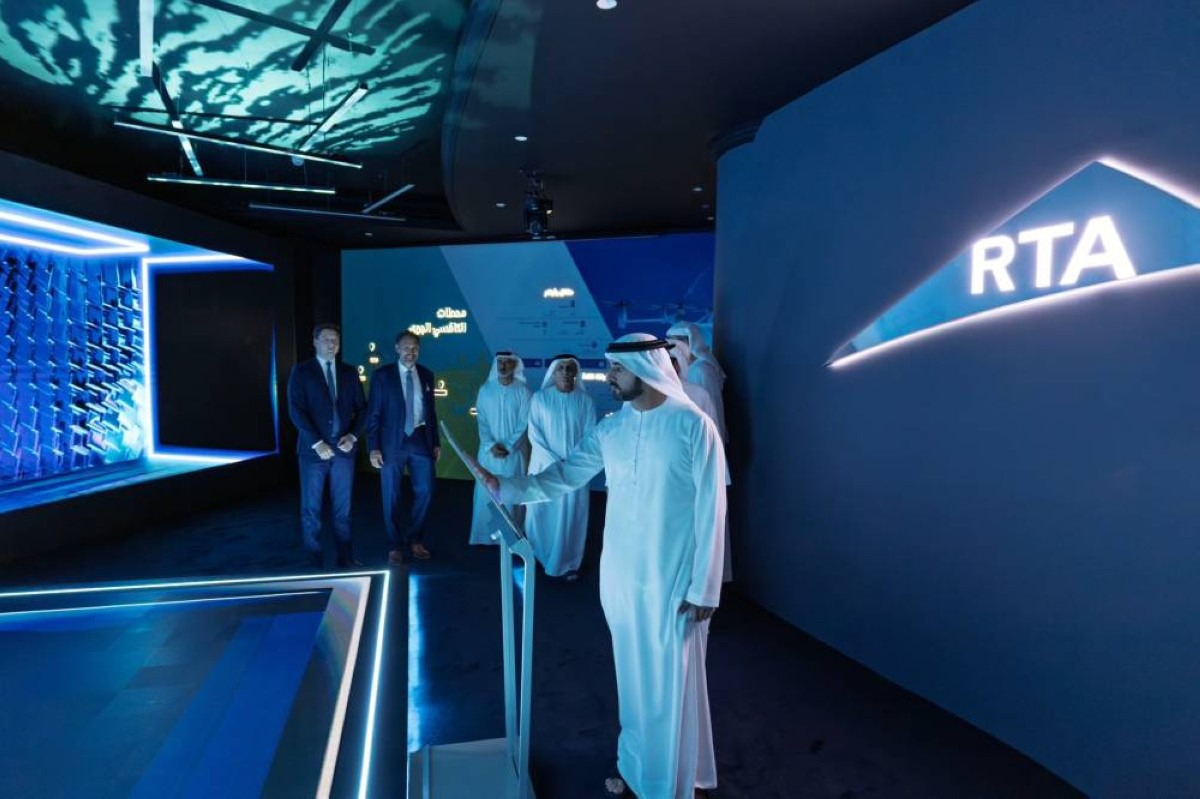‘The future of culture is local,’ RCU’s Vice President of Culture Jason Harborow writes

- The AlUla Future Culture Summit from Feb. 25 to 27 is part of attempts to develop an authentic local offering that also contributes to the nation’s economy, writes Jason Harborow, vice president of culture for the Royal Commission for AlUla
ALULA: There is an inherent tension in culture-sector development between global and local dynamics. In Saudi Arabia, we are in the midst of an unprecedented renaissance in the culture sector — with significant investment in arts, music, film, heritage and other areas to showcase the Kingdom’s history and identity to the region and the world. As we develop this culture offer, there is a need to understand global best-practice by engaging with leading cultural institutions with a longer history of this type of development and promotion. Whilst this engagement is important, there can be a temptation to become overly reliant on these leading — and often Western — organizations and to confuse Saudi Arabia’s culture development with importation and/or adopting an external interpretation.
The culture leaders of today must manage external engagement wisely — ensuring that we deliver world-class experiences that are true to local community values, traditions and heritage. At the Royal Commission for AlUla, we have found a way through this challenge by focusing our global culture engagement and partnerships on knowledge exchange and learning. Like others, the RCU is engaged with leading museums, conservation organizations and archives based in China, France, Italy and the UK to help us deliver a world-class culture offer. Our global partners play an important role in sharing learnings and knowledge, serving as a thinking partner and helping us to develop local, distinctive cultural assets that are true to the AlUla community.
Beyond cultural asset development, the RCU also works with international partners to develop our people. Global culture partnerships have helped us to deliver job and skills creation locally — ensuring that Saudi Arabia’s talent has access to the best trainers, accelerator programs and other learning mechanisms to learn about archaeology, exhibition management, acquisition, and other core culture competencies. At the RCU, we are proud to be building a strong, skilled generation of domestic talent that understand the global cultural landscape and is using this knowledge to build a progressive and original local cultural offering.
The Kingdom has welcomed 150 of the world’s cultural leaders, artists, tech entrepreneurs and policymakers for the inaugural AlUla Future Culture Summit that is running from Feb. 25 to 27. Given AlUla’s position as a leading entity driving the Kingdom’s cultural development, it is a great honor for us to host this summit, in partnership with the Kingdom’s Ministry of Culture. The summit aims to convene a high-level conversation about the future of culture in the Kingdom and beyond, looking at trends and opportunities to help the community to drive forward world-class sector development. The AlUla Future Culture Summit has been hosting a series of panel discussions, immersive performances, workshops, and guided explorations of AlUla’s outstanding cultural and natural landscapes.
The discussions will focus on several key themes that are important in the discourse on culture, both within the Kingdom and globally — one of which is the need to balance global and local dynamics. The growth of the culture sector is not just a social opportunity, it is also an economic one. Research shows that Saudi Arabia’s culture and arts sector has the potential to contribute up to 5 percent to the nation’s gross domestic product. In Saudi Arabia, the sector only contributed 1.7 percent to the country’s GDP in 2022, representing substantial opportunity for growth.
The RCU was founded in 2017 to drive the development of AlUla County and we have learned many lessons over the last seven years of operations, development and governance. Whilst the RCU has experimented with different approaches to, and profiles of, cultural activations during this period, we have remained laser-focused in our work to understand, cultivate, and celebrate authentic, local culture and to build the offering and visitor experience around it. Our Winter at Tantora, the AlUla Arts Festival, and the recent launch of Design Space AlUla are just a few examples of how we are delivering a culture sector anchored in our local community.
We are proud of our achievements at the RCU, but we can do more if we collaborate across the culture sector more closely. There is an opportunity for more of the Kingdom’s cultural institutions to work together more closely to share learnings, deliver more training, capacity building and skills to our people; while also thinking about how we can help the Kingdom to be an exporter to the world of the rich cultural assets that we are building.


